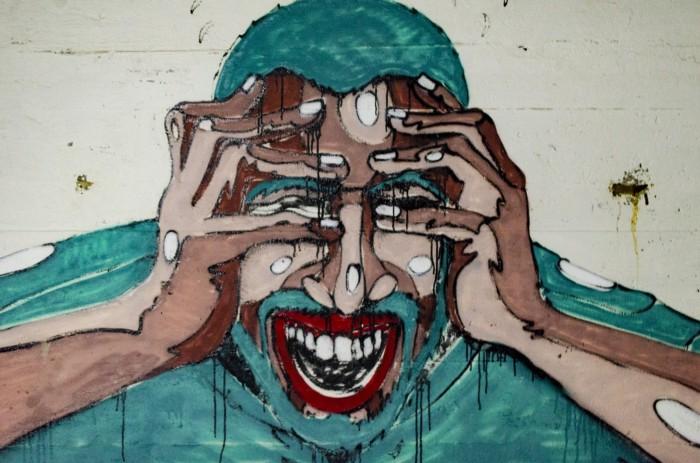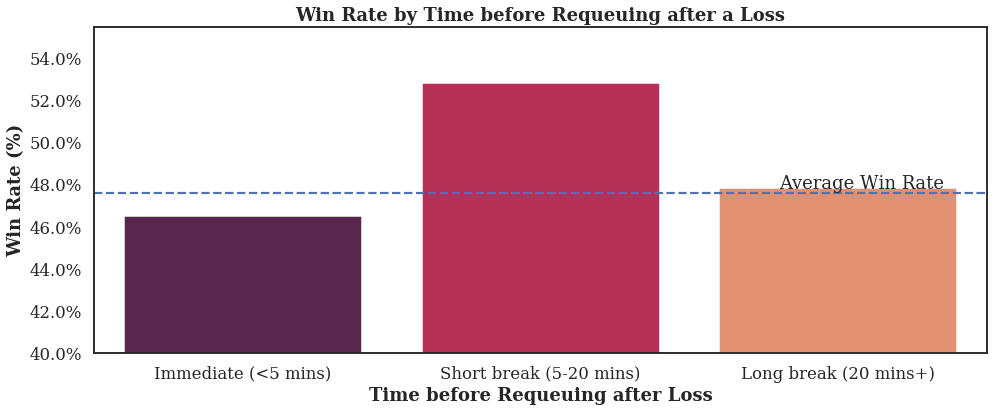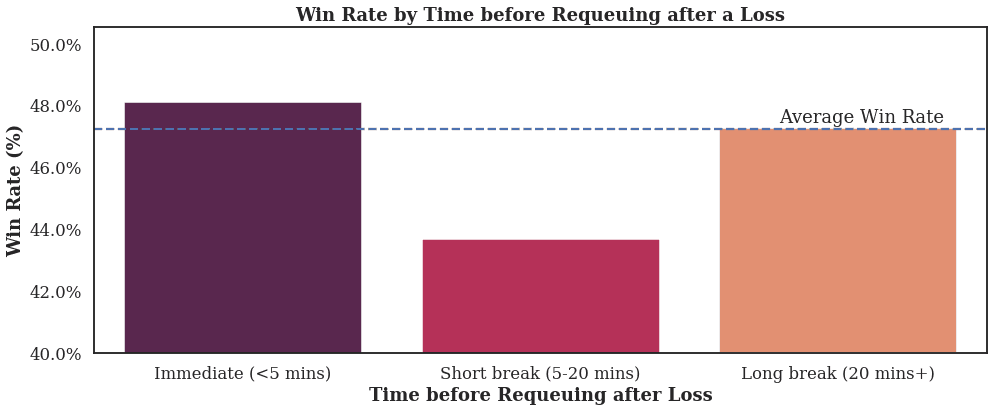LoL: Graph Networks for Champion Recommendations
Measuring the similarities of Champions in a graph network, and how certain players consistently enjoy the same sort of Champions across all roles.

A state of mental or emotional confusion or frustration in which a player adopts a less than optimal strategy, usually resulting in the player becoming over-aggressive” — Definition of Tilt (Wikipedia)
Tilted. A term commonly used among poker players, although it has also been thoroughly adopted by the wider gaming community. Supposedly, it’s origins come from the mechanical pinball machines that would freeze the flippers if the player tried to tilt the machine, sometimes even displaying the warning: “TILT”.
It is now used to describe when a person is acting irrationally as a result of some extreme emotion (anger, usually). In poker, this could be going all-in on a weak hand after a losing streak. In gaming, this could be charging towards the enemy after they taunt you in chat. However, it can also be applied to any number of “real-life” scenarios. Who hasn’t snapped at someone they love when they’ve had a bad day? This is tilt. You are acting irrationally when emotions are high.
Now, those who have played any competitive team game will have no doubt fallen victim to the tilt-induced actions of their fellow players. This is particularly problematic in the popular online game “League of Legends”. The game has both an intense format (heated 5 vs. 5 games) and a ladder-like ranking system, making it an emotional endeavor. Having experienced it myself recently (going on highly unfortunate 13 game losing streak), I decided to see whether there is any way of identifying it in the games data.
*Note: All data gathered was using the Riot Data API, run over 100,000 games. GitHub: Link
The first question I wanted to answer was simple. Are you more likely to lose, after losing? The answer of which was somewhat unsurprising and can be seen below:

Win Rates of players based on the results of their previous games.
*Note: I adjusted the baseline slightly, as the players I sampled had an above average win rate.
This means that a player who has recently lost 2 games (-2 Loss Streak, as per the graph) will have a 48.8% chance of winning their next game. However, we can’t close the case here and declare that tilt has been proven. Players that have recently lost 2 games, are statistically more likely to be worse players than players who have recently won 2 games! The players might not be “tilted”, they might just be worse than the average.
In that case, how can we better understand tilt without running into this trap of comparing bad players to good players? For this, we use the fact that tilt is a temporary emotional state, one which decays rapidly with time. Ever snapped at someone only to regret it soon after? The same applies here.
Knowing this, we could look at the win rates of these same losing players, except this time separate them by how long they waited before playing the next game. For this, we looked at people who are ranked in “Gold” (top 24% percentile of players) and have lost their previous 2 games. We then found the time difference between their last game ending and them starting the next. The results of which can be found below:

The win rate of Gold ranked players on a losing streak, depending on how long they waited before playing the next game.
Those who take no break after losing two consecutive games have by far the lowest win rate! With our knowledge of tilt, we could suggest that those who go into their next game with the emotional baggage they’ve accumulated from losing causes them to perform poorly enough in the next game to considerably impact their team's chances.
However, interestingly those who only take a short break not only have improved win rates but win more than 3% of their games compared to the average (of people in Gold who have just lost two games). There are a few theories that I have debated for this, but my preferred is that players who lose 2 games and take a break are both “warmed up” and free of emotional debt. If you have any alternative ideas, please let them be heard! Finally, those who take long breaks (on average 3–4 hours long, but could be days) will have their win rates revert back close to the average of fellow players on a 2 game losing spree.
A final question I was interested in on this topic was whether this relationship is true no matter the player's skill bracket. To test this theory I re-ran the experiment for “Diamond I” players (top 1%). The results were unexpected...

The win rate of Diamond I ranked players on a losing streak, depending on how long they waited before playing the next game.
Although players who take long breaks revert back to the mean in the same way, the relationship between “Immediate” and “Short break” has been flipped! Those in the top echelon of rankings actually see their win rate considerably decrease if they take regular short-breaks following a loss, whilst players who play immediately see a small improvement compared to the average player!
I have two prevailing theories on this; in this highly competitive environment (with many players putting over 8 hours in each day) they have become accustomed to handling tilt, otherwise, they would never have made it this far. Secondly, at this level, it has become a numbers game. The level of competition is so high that what really makes the difference is the hours you are putting in. A game of League of Legends at this level is on average 27 minutes long. A player who takes no break can squeeze in considerably more games a day than one who sits out for 20 minutes to recover after a loss.
However, these are all theories. I believe there is a greater world of gaming-related psychological behavioral science that has been relatively untapped. If anything, I’d want for this article to make you briefly ponder the possibilities— at least until you’re ready to face the next game.
Here are some other articles that may be of interest.
Measuring the similarities of Champions in a graph network, and how certain players consistently enjoy the same sort of Champions across all roles.
Comparing and ranking the most popular apps for League of Legends.
How to build an optimal Champion Pool in League of Legends (LoL), what size it should be, why it's so important, and an AI tool to help you get started.